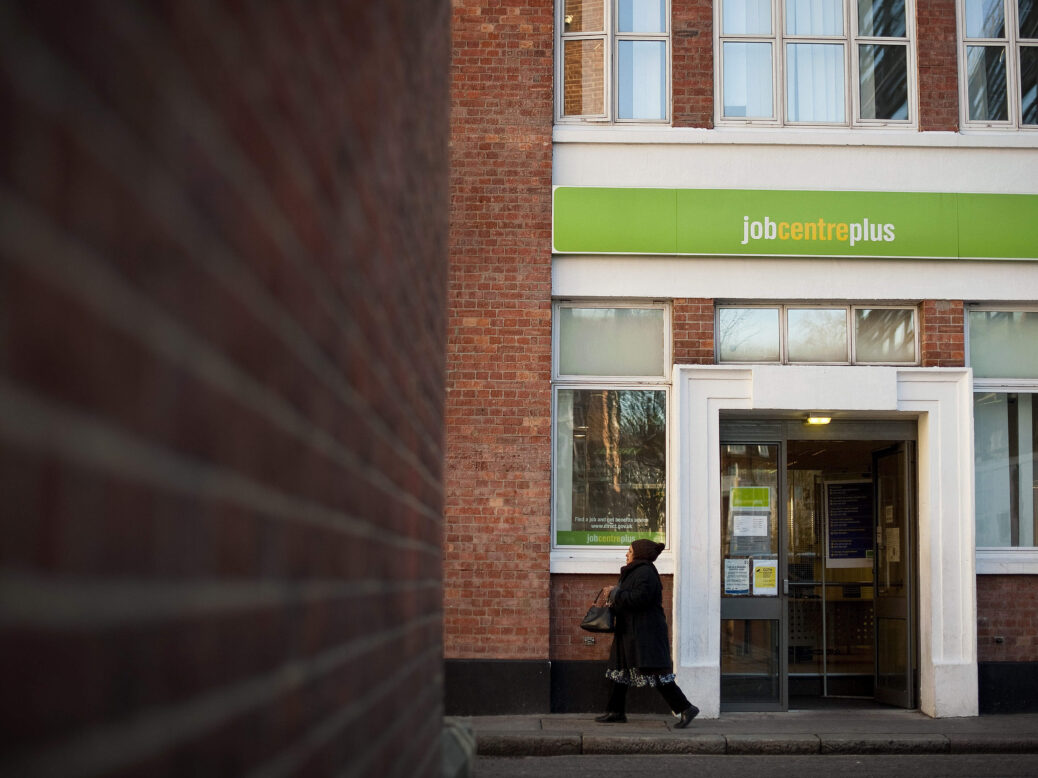
Immorality or incompetence? There’s no need for the choice, anymore. It’s been a long time since the Department for Work and Pensions – lest we forget, the governmental department that is actually responsible for work and those out of it – has been anything other than a cruel joke. The joke would be funny if people weren’t starving. But no worry, there’s food banks for that. Almost £3m of public money is now being spent on them, Panorama reported this week. Need is spreading. The line between the state and charity is blurring.
“Food banks are an inadequate plaster over a gaping wound,” Professor Liz Dowler, one of the authors of a recent government report about food banks says. “They do not solve the problems. And that they should be enshrined as an inadequate solution is deeply immoral.”
We crossed immoral a long time ago. The sort of immorality that positions itself as the moral one: judging, punishing, and starving.
Around 68,000 people are having their benefits stopped unfairly, leading them to have to use food banks, a Policy Exchange report found this week. These are people who have their benefits taken away for the first time, only to later successfully appeal against the decision (that’s about a third of all those sanctioned for the first time each year).
Take a look at the Tumblr “Stupid Sanctions” if you need an insight into the decision-making that is being used to justify removing the money people need to live. Rescheduling your job centre appointment because you have a job interview. A family member dying. Not filling in your job search evidence for jobs advertised on Christmas Day. Failing to complete your assessment because you had a heart attack in the middle of it. Four weeks, thirteen weeks… These are just numbers when humans are figures. What does anyone think happens when you cut off someone’s source of food, rent and heating for three months? That it’s often happening because of incompetence just adds a further bad taste to the mouth.
“The welfare system must have a sharp set of teeth. That is why the sanctions regime is so important,” Guy Miscampbell, the author of this week’s report says.
“Issuing first time offenders, who may or may not have been fairly sanctioned, with a ‘yellow card’ in the form of a benefits card would be a more compassionate way of trying to help people back into work.”
This is what compassion looks like now. “A sharp set of teeth?” I wouldn’t trust this system to know where to bite.
It was only last week that Personal Independence Payments (PIP) was found to be causing “distress and financial difficulties” due to mismanagement and outsourcing. The National Audit Office found PIP, the new disability benefit for people with extra care or mobility needs, will cost almost three and a half times more to administer than Disability Living Allowance – the benefit the government deemed it necessary to replace – and take double the amount of time to process (even after early failings had forced the DWP to stagger its national roll-out). Employment and Support Allowance, meanwhile, prized with the title of the DWP’s original disaster, has had all repeat assessments paused indefinitely due to Atos’s backlog. A temporary reprieve. This, for many, is something to be grateful for at this point.
There is rarely a reprieve from life and the effects are starting to show. More than three-quarters of mental health social workers say mental health is worsening in the communities they work in, according to a survey by Mind and The College of Social Work released today. Benefit cuts and unemployment are seeing people become “overwhelmed by life circumstances” at the same time as cuts in care budgets mean there’s often nowhere for them to go. Almost three-quarters of those affected are people needing help for the first time, the survey found. It can happen to anyone and nowadays it is.
Mark Wood, another face and another figure, struggled with complex mental health needs but was found fit for work. The 44 year old’s doctor had written to the job centre telling them that he was “extremely unwell and absolutely unfit for any work whatsoever” but he was left, as people are, to try and survive on £40 a week. Mark died a few months later, weighing 5st 8lbs. His family spoke out last week, calling for the system to treat people better. Treating claimants as people – desperate, scared, hungry – would be a start.






